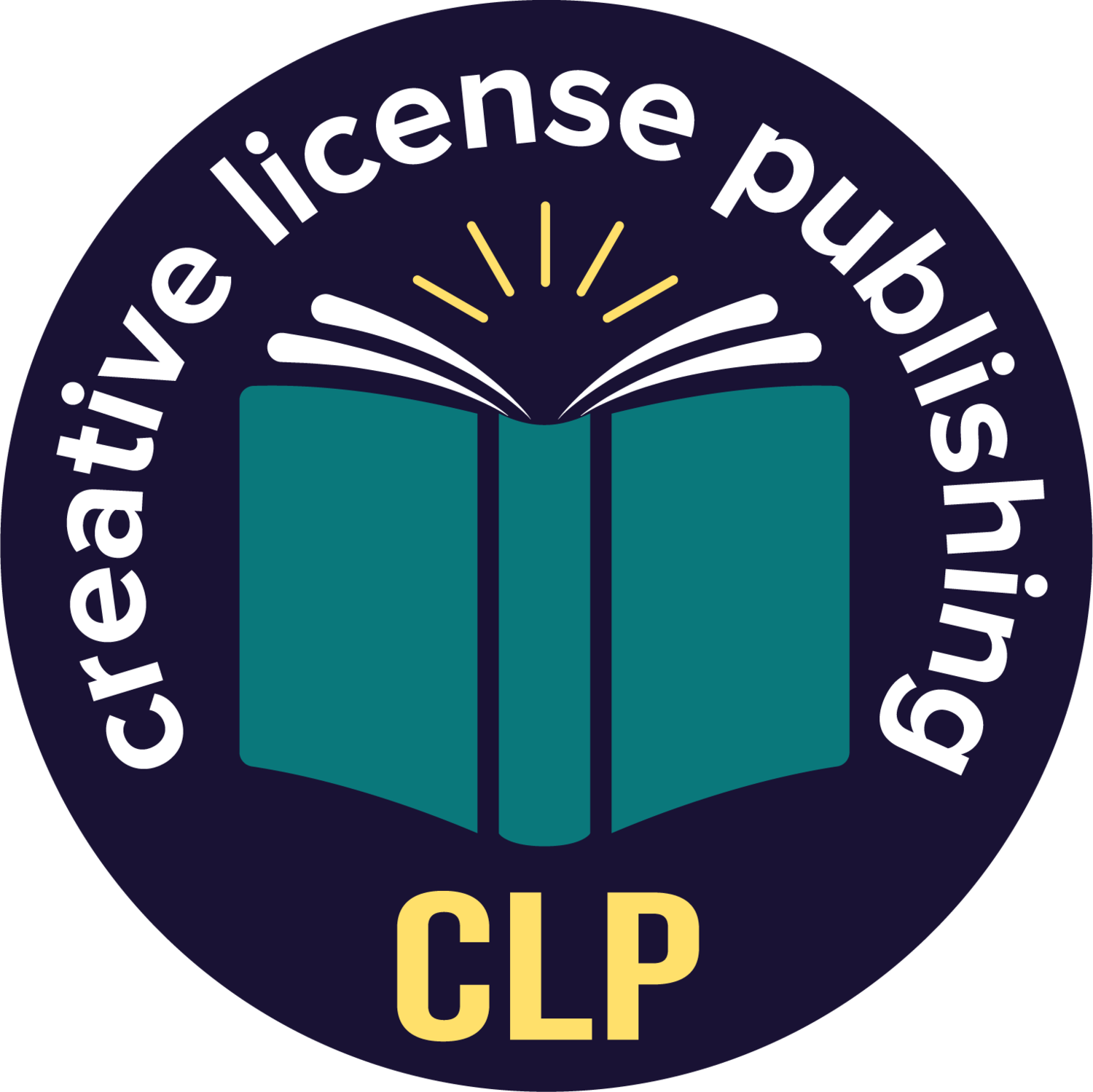Self-Doubt: How to Keep Writing When it's Looming
Celeste Chin
When your backspace key gets used more than any other, you know it’s been a rough day. And typically, a rough day can induce rough nights of contemplation over your writing. Sometimes these bouts hit with incredible force and linger. The negative thoughts hover over you like a bad stench and fester in your mind, making you question every word, sentence, or punctuation. Sometimes the feelings are so overwhelming you close the computer and seek your escape in simple, mundane tasks. The truth is, as I’ve mentioned before, walking away does help when your creativity isn’t flowing or you have some anxiety. A little distance can calm you and help get your mind back into perspective so you can hit the keys harder the next time. But intense or lingering self-doubt isn’t easily dismissed with a short respite.
Crippling self-doubt can attack at any time. You can be inspired, typing away for days, and then suddenly it hits, and you’re one press away from deleting all that you did because you doubt it’s good enough for anyone else to read. Is it? Are you telling yourself the truth, or is it that self-doubt has come over for an extended visit, not unlike that relative who stops by and has a tough time knowing when to leave? I’m here to tell you that ignoring your inner voice isn’t as easy as you think and it’s not the cure-all. Nor is telling yourself to think positive thoughts. So, what do you do?
First, accept that this unwanted and unsolicited visitor has shown up. Acknowledge that your feelings of doubt are present and stop trying to deny their existence–you are too smart for that. Once you have accepted these feelings as real and palpable, work with them to power your writing engine. Too simplistic? Let me explain. When you sit down at your computer and your head fills with negative thoughts, take a moment and ask yourself a question such as: “Why won’t the reader like this?” And your answer can’t be a general, “Because it sucks.” It must be something like, “Because my characters aren’t that believable.” Then you immediately follow with another question, “Why aren’t they believable?” You will continually ask questions until you get to the root of your worry. This simple morsel of knowledge can help you self-edit and reduce self-doubt.
Anxiety and stress are born from something concrete that is bothering us. We start to feel anxiety for a reason, whether that reason has merit or not. The more we try and talk it away, or pretend it’s not there, the more it grows. So, I say challenge it. I urge you to challenge it. Keep questioning it until you drill down to the root cause, and then decide if you agree or disagree with it. If you can’t decide, then close your computer, call that writer friend, go to your writing group, go see your local librarian, and ask them. Better yet, write us an email or send a request for a consultation and CLP will be there to talk it through with you. Once you acknowledge your anxiety and address it, you give yourself power to direct your thoughts to producing a quality read, not wasting energy on trying to ignore it. Anxiety can take up precious writing time, so don’t let it–use it to your advantage.
Don’t stop writing because of fear or anxiety. Don’t assume the fear will go away if you ignore it or denounce its existence. Don’t try and positively talk it away. None of that works. The truth is, your self-doubt is real; acknowledge it, accept it and work with it. Make your negative feelings work for you to produce a positive outcome. And then over time, when that doubt rears its ugly head, you won’t fall into a funk and walk away from writing waiting for it to pass. You could end up waiting a long time. As I’ve said before, with time and repetition, any skill—even dealing with doubt—will become automatic. You will become a better and more productive writer. As long as you keep writing, no matter what.
